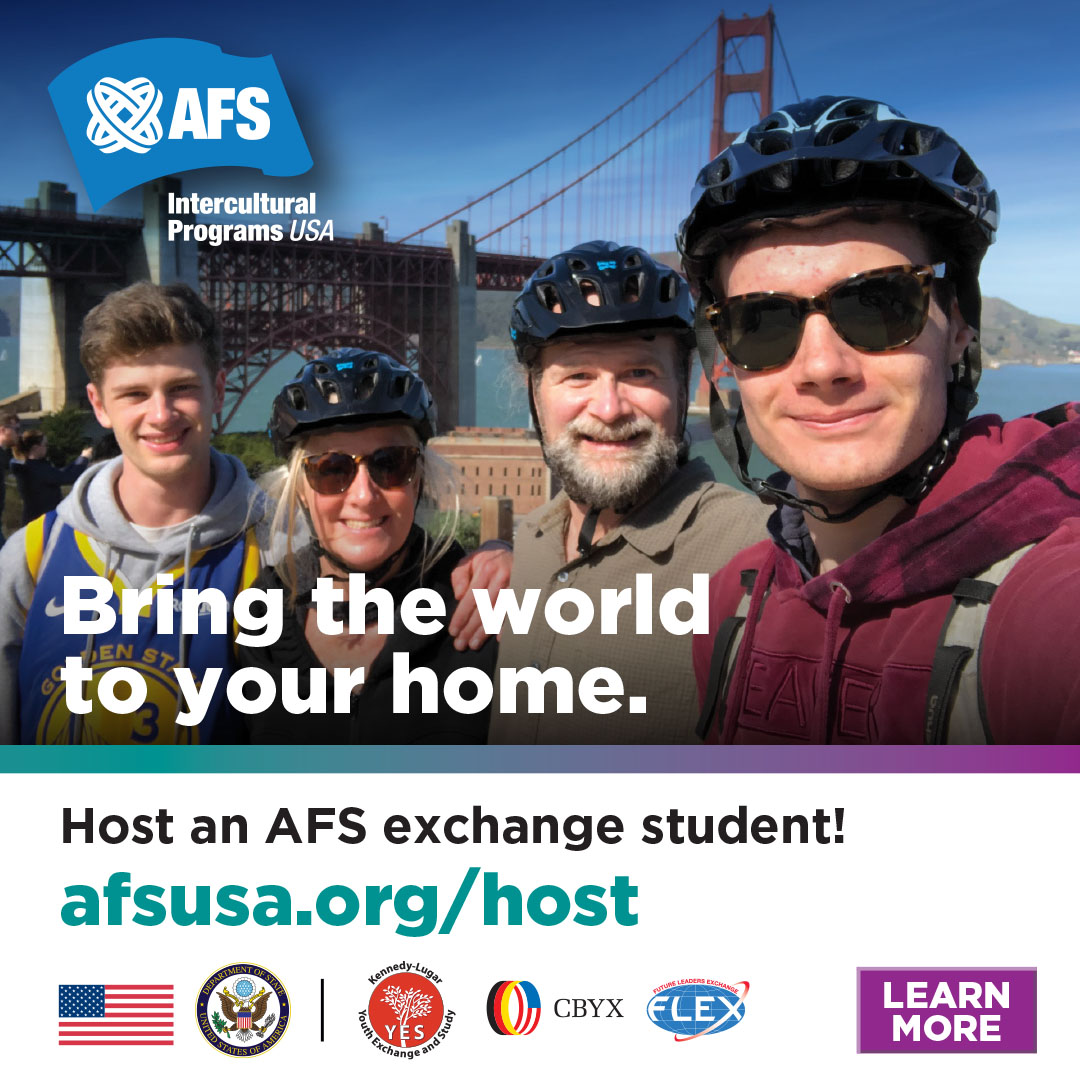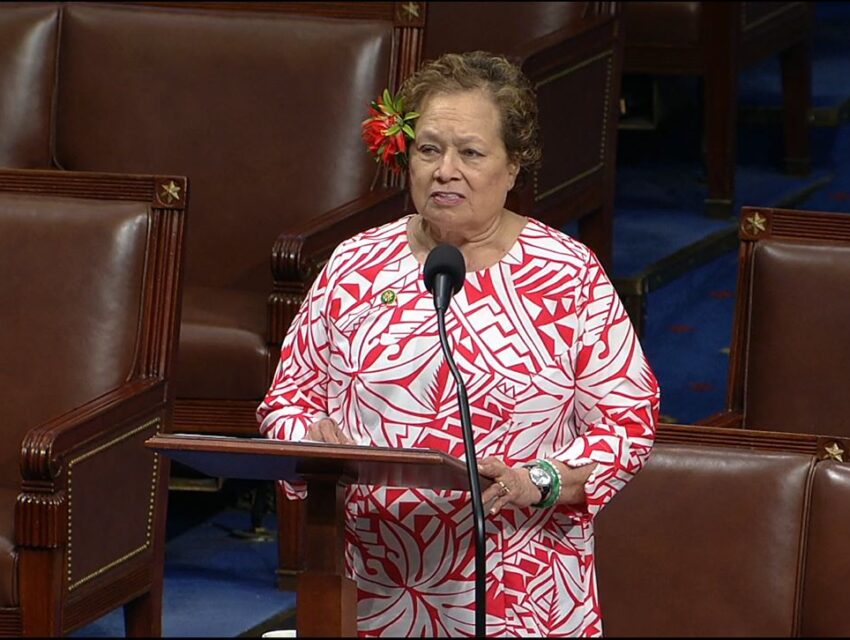
Plains to the Pacific
Local advocacy efforts are the building blocks for success.
We are in uncharted public policy territory.
Our nation’s foreign assistance infrastructure has been gutted with the elimination of USAID, the dismantling of entities such as the U.S. Institute of Peace and Voice of America, and cuts to the Department of State budget, which are likely to be implemented in 2026. President Trump’s fiscal year 2026 budget proposal to Congress also includes the elimination of AmeriCorps, the premier federal program supporting national service. It is not a good time to be in the business of promoting international peace and development, or even service here at home.
Comparatively, Peace Corps is faring somewhat better, but remains far from unscathed. The agency continues to operate despite mandatory cuts imposed by the Department of Government Efficiency (DOGE) that entail cutting Peace Corps staff at the agency’s headquarters by up to 40% (or higher in some departments), as well as reducing staff at country posts worldwide. The impacts of these cuts are already being felt on the ground, with new Volunteer departures canceled to Cameroon, the Kyrgyz Republic, and South Africa.
Despite all this, more than 3,000 Volunteers remain on the job, the recruitment and placement of Volunteers continues, and Peace Corps remains in operation. Another cause for worry, though, is the current budget request for Peace Corps. As of the publication of this issue of WorldView, the White House had not yet submitted its fiscal year 2026 budget request to Congress. It’s possible there will be reductions to the Peace Corps budget.
Rep. John Garamendi (D-CA), an RPCV, was recently quoted in The Hill saying that recent cuts may “cripple the organization and make it impossible for it to operate.” That, he suggests, could then put the Trump administration in a position where it can make the case that Peace Corps isn’t working and “just . . . do away with everything.”
Here at NPCA, we are committed to pushing forward in every corner of the country to remind lawmakers, the media, and everyday citizens that Peace Corps makes our country stronger, safer, and more prosperous.
This not only includes NPCA’s ongoing Stand Up for Service campaign, but, critically, our annual National Days of Advocacy in Support of the Peace Corps. During this year’s event, advocacy leaders in more than 30 states carried out close to a hundred successful activities throughout March and April.
Individual actions are the building blocks to continued success. As the following updates show, when our community is mobilized, we can reach every part of this country. Here are a few examples of how local and state-based advocacy can advance our cause.
American Samoa: A Congressional Office Visit
Richard MacIntyre (Korea 1967–69)
One of the more unexpected advocacy actions I participated in this year was a February 28th meeting with Rep. Amata Radewagen’s staff in Pago Pago, American Samoa. Radewagen is a non-voting member of Congress, serving the citizens of this U.S. territory. At the time of the meeting in early March, I was visiting my cousin, who’s been a marine biologist in American Samoa for more than two decades.
After receiving no initial response to several emails and phone calls, I went directly to Radewagen’s office to make the case for support. My cousin accompanied me, and as we entered, someone asked if I was Richard. We then sat down for a pleasant 15-minute discussion with Mariota Kuresa Tuiasosopo, a congressional staff member and a Wounded Warrior Fellow. After assuring us that Radewagen does support Peace Corps (in the past she served as Peace Corps training staff in the Pacific region), Mr. Tuiasosopo promised to share our request with the representative.
NPCA Update:
Rep. Radewagen joined Rep. Garamendi as co-chair of the bipartisan Congressional Peace Corps Caucus, and co-authored the Peace Corps funding letter signed by 126 members of the House of Representatives.
Oklahoma: Peace Corps Day Postcards
Pattie Gross (Mali 2001–03; Guyana PC Response 2009–10)
RPCVs in Oklahoma are making great strides in revitalizing their community and strengthening their advocacy efforts in support of Peace Corps. With a renewed focus on engagement, advocacy, and historical preservation, Oklahoma RPCVs are ensuring their legacy continues to inspire future generations.
To foster local connections, Oklahoma RPCVs launched a series of events to bring members together. This included a March 1 Peace Corps Day activity where RPCVs gathered in Oklahoma City to write postcards and emails to their lawmakers, successfully sending close to 20 messages to Congress in support of Peace Corps.
NPCA Update:
By the end of May, we can confirm that at least 20,000 emails, postcards, and other communications have been sent to Congress from across the NPCA network, urging continued support for Peace Corps.
West Virginia: An RPCV Resurgence
Meg Kinghorn (Kiribati 1987–89; UNV Western Samoa 1992–94; Moldova 1994–96)
West Virginia’s RPCVs and Friends affiliate group is back in action after COVID!
Celebrating the birthday of Peace Corps on March 1, 2025, provided a boost. A virtual gathering on Zoom brought members from all regions of the state together for the first time in quite a while. Spotlighting NPCA’s Stand Up for Service campaign gave added focus to the gathering.
New advocates stepped forward to go further and join upcoming lobbying efforts. The board’s press release to media outlets resulted in a front-page Volunteer profile in the West Virginia Daily News and a spot on WTAP-TV in Parkersburg.
A real advocacy breakthrough came from working in coalition with other national grassroots advocacy groups (RESULTS, Friends Committee on National Legislation). This powerful alliance held two joint advocacy calls with the state’s two Republican Senate offices in support of U.S. foreign assistance, USAID, and Peace Corps specifically.
Having 12 constituents speak on foreign affairs had an impact on offices that typically hear very little from constituents on the topic. RPCVs made a strong argument for the relevance of Peace Corps to the state by describing how their two years of volunteer service have translated into decades of benefit to West Virginia.
NPCA Update:
During our Days of Advocacy, at least 40 advocates from more than 20 states successfully promoted the importance of Peace Corps through regional/local media outlets, which had the potential to reach more than 5 million people. Meetings with elected officials will serve as a critical call to action during the annual congressional recess in August.
North Dakota: A State Legislative Victory!
Lois Schneider (India 1968–70)
In a move that echoes the growing recognition of volunteer service and its impact on education, North Dakota’s Legislature unanimously passed House Bill 1529, which was signed into law by Gov. Kelly Armstrong on March 21. The bill ensures that all RPCVs are granted in-state tuition rates at North Dakota’s higher education institutions, regardless of their state of residence. This law marks a significant step forward in supporting the continued educational advancement of those who served abroad.
The genesis of H.B. 1529 was a conversation on an NPCA weekly advocacy conference call, where I learned about similar legislation passed two years ago in Colorado. Inspired, I proposed the idea to North Dakota Rep. Mary Joe Schneider, who agreed to champion the bill. The effort was personal, as I and my late husband (an Afghanistan RPCV) had both transitioned from Peace Corps to higher education, benefiting immensely from the opportunity to pursue advanced degrees.
Schneider’s expertise was pivotal in crafting the bill and navigating it through the legislative process. Public hearings in the state House and Senate included heartfelt testimonies from RPCVs spanning five decades of service. This legislative achievement not only honors the service of RPCVs, but also recognizes their potential to enrich the academic, civic, and cultural fabric of North Dakota. By facilitating access to higher education, the state invests in a cadre of globally experienced individuals ready to contribute their diverse skills and perspectives.
NPCA Update:
Despite current challenges at the federal level when it comes to passing legislation, there are still opportunities to advance legislation at the state and local level that recognizes and supports the Peace Corps community.
From now through September, visit peacecorpsconnect.org to get involved in nationwide public mobilizations to promote the importance of Peace Corps.
Related Articles
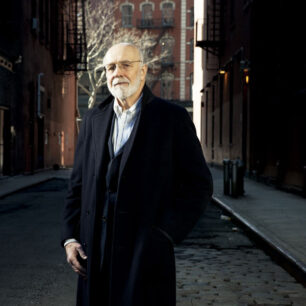
Made in America
Charlie Clifford (Peru 1967–69) is the founder of Tumi Inc., a global travel luggage brand, as well as Roam Luggage.…
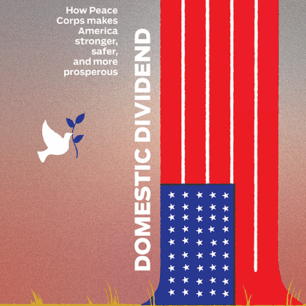
Spring/Summer 2025 Issue
This special issue of WorldView makes the definitive case for how Peace Corps makes America stronger, safer, and more prosperous.
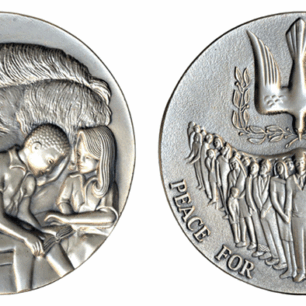
Return on Investment
As federal funding for international aid and cultural exchange programs continues to shrink, policymakers are increasingly asking whether these initiatives…
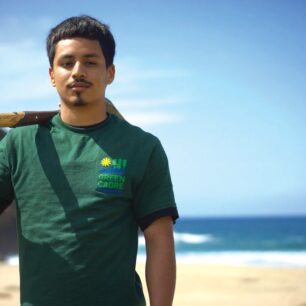
“Bigger Than Peace Corps”
California Service Corps is the largest state-based service program in the U.S. , with more than 10,000 volunteers across the…

